Promoting disability-inclusive agricultural and health development in Mozambique
Through increased agricultural productivity, in 50 communities across Ile and the Lugela Districts in the Zambézia Province of Mozambique NLR aims to increase the income of 1000 impoverished smallholder farmers as well as improve access to their right to quality health and agricultural support from local and district-level agencies.
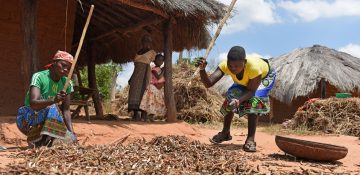
Poverty causes strife in the communities where we work, both for people affected and disabled by leprosy and for others alike. We believe that inclusive development will be more effective than strategies that keep groups apart. We seek to bring people together around a common goal – both those affected and disabled by leprosy and those without significant health challenges. They are neighbours after all and share the burden of living in dire poverty.
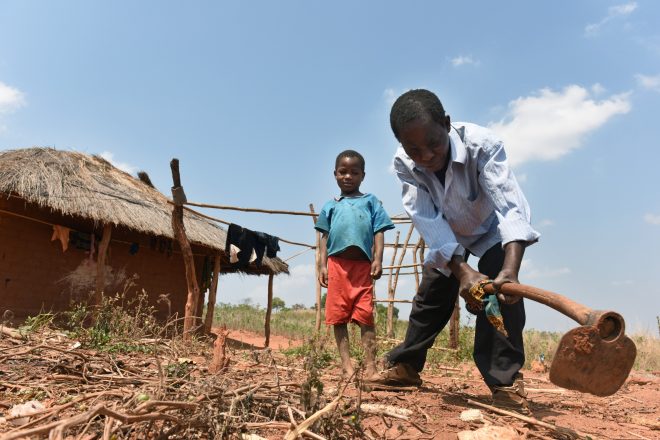
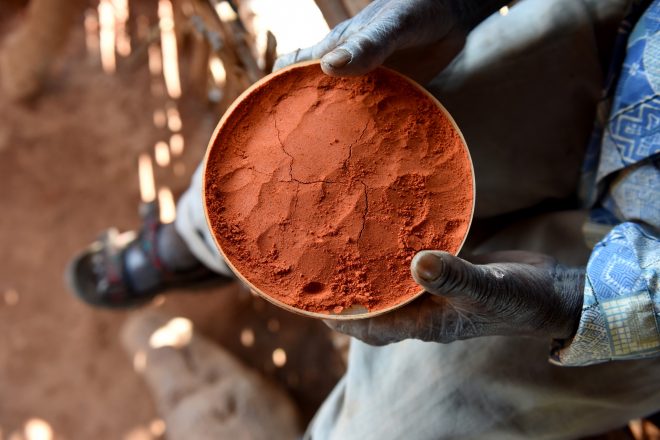
Project objectives
- Increased agricultural productivity of 1000 smallholder farmers through training in adaptable and sustainable farming techniques;
- Farmers Organisations (FOs) have the capacity to deliver quality services to their members and gain access to markets;
- The nutritional status of 1000 smallholder households (5000 beneficiaries) is improved by introducing new nutritional practices and community training;
- The establishment of ongoing support from district-level government agricultural and health officials in technical agricultural training, access to markets for surplus production, and access to basic health services;
- Reduction in disability burdens pressing on communities through early case detection, ongoing group-centred physical rehabilitation activities, and supply of assistive devices;
- The establishment of knowledge-building self-help groups and education in health and agricultural livelihood strategies.
The project also aims to increase awareness of human rights. As a result, community members can themselves start to advocate for better health and agricultural services as well as monitor the performance of governmental service providers.
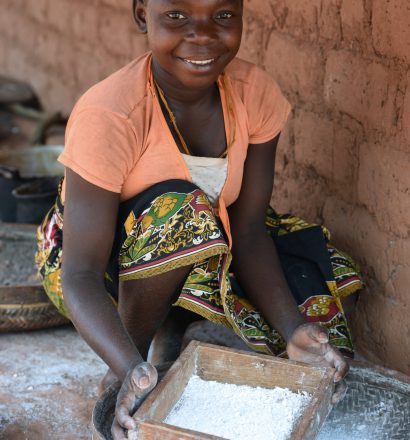
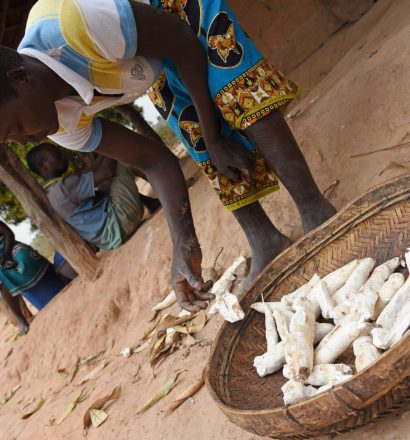
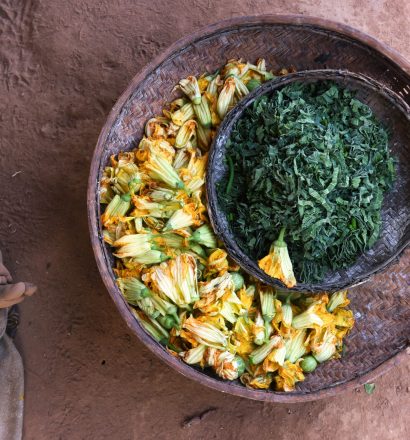
Our disability-inclusive development initiative aims to ensure that people with disabilities, caused by both leprosy and other diseases, can fully and actively participate in society on an equal basis. While all community members will share the expected benefits, approximately 30% of beneficiaries are people negatively affected by leprosy, lymphatic filariasis, konzo, and other diseases.
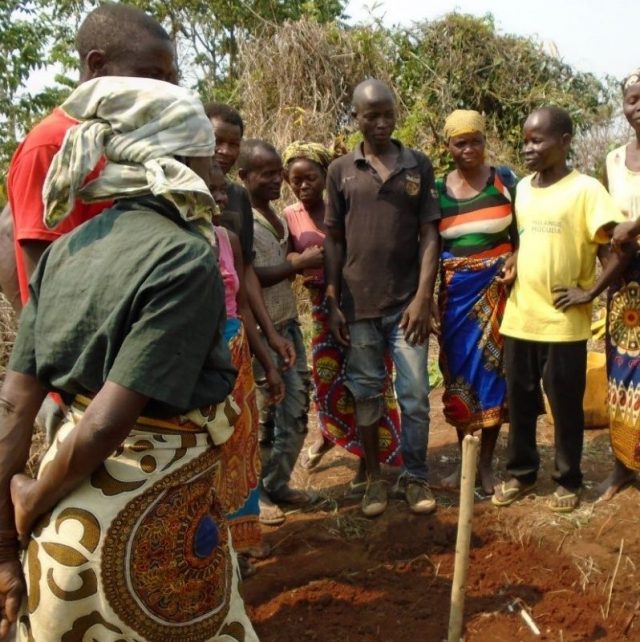
Project update
- A total of 1617 small producers have been trained in conservation agriculture practices. Positively exceeding the initial target of 1000 farmers.
- After a year of training and guidance, the project measured the increase of 73% in agricultural productivity of which is above the project target of 60%.
- 41 Farmers Organisations have been created and trained since the start of the project. Some of these have started saving schemes. This allows for members to support each other through small loans.
- 67 health service providers (above the targeted 35) have been trained on timely diagnosis and treatment of leprosy, lymphatic filariasis (LF) and konzo and its complications.
- 1771 people have been reached through education and awareness raising sessions carried out in the communities on early case detection and prevention of the diseases and their devastating effects as well as basic management of complications.
- So far, the project has supported 463 people (236 women and 227 men) in 40 newly formed Self Care Groups. Among them, 74 are affected by leprosy, 59 suffer from hydrocele, 11 lymphedema, 17 are affected by konzo and another 94 have other disabilities. They are provided with paramedical assistance and are practicing self-care, and have shown improvements in their mobility and functionality.
Execution
The execution of the project involves two other partners: ADRA Mozambique (Adventist Development Relief Agency) and Lepra UK.